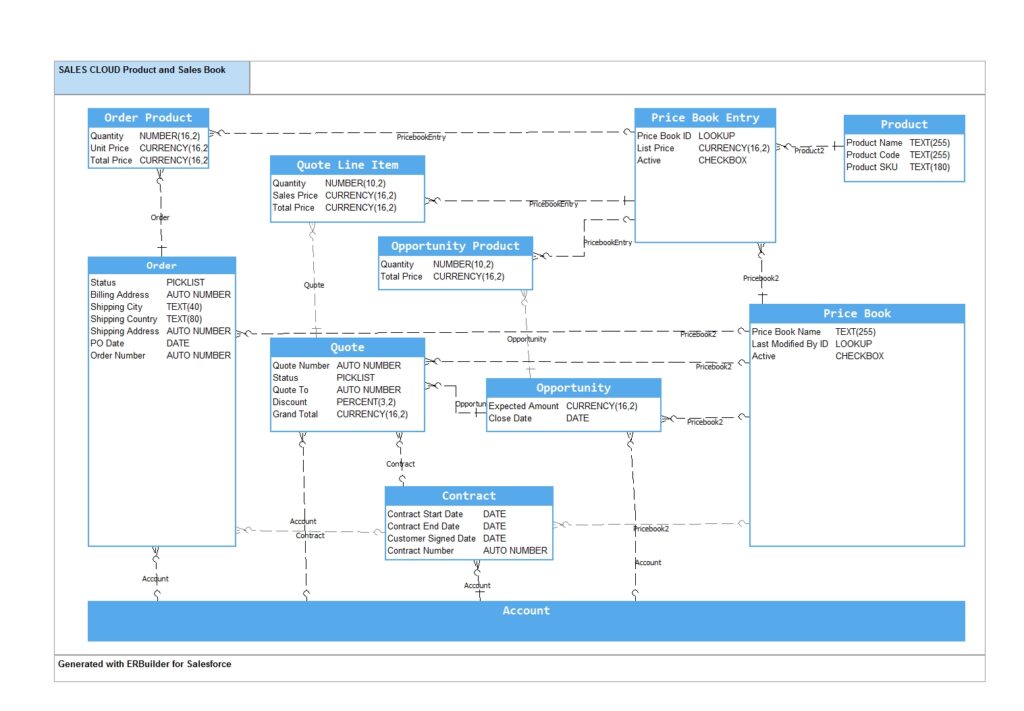How to help someone dealing with an addiction can be one of the most difficult situations you’ve ever had to deal with.
The situation could be an old friend who is drowning in the quicksand of addiction and needs your help or a family member who is facing a battle they just don’t seem to have the strength (or desire) to win.
If you suspect that a friend or a family member has an addiction problem, whether it’s drugs, alcohol, sex, or something else, it’s best to handle the situation delicately. Addictions are tricky problems that require treatment and do not go away overnight.
Either way, it’s going to take some time and patience, but you CAN help…
Educate yourself about the problem.
We only perceive in our lives what we know. We can guess sometimes or have a hunch, but we’re far better prepared with a little education.
If you don’t know the signs and symptoms of drug or alcohol abuse, then it’s easy to miss them right in from of you.
Taking the time to understand the struggles of your loved one means you’re more likely to see that they’re screaming for help before they’re capable of voicing that request.
Be honest about your concerns about their addictions.
It’s painful to watch a loved one struggle so much and be in so much pain.
The pain doesn’t involve only them either. You have suffered watching them lose control, watching them harm themselves but you also had to suffer the deceits that usually accompany addiction.
There aren’t many people out there these days who haven’t seen fictional intervention on TV or in a movie. What most people don’t understand is that these lectures and confrontational techniques are not only ineffective (inspires defensiveness and denial) but harm those important relationships needed for successful recovery.
It’s far more important to collaborate with your loved one and share in respectful conversations about your concerns and even their own. If they’re not ready to seek help, set boundaries together like no alcohol or drugs in the house.
Taking a respectful and motivational approach demonstrates caring. You can express your concerns and respect how much they’re struggling while simultaneously inspiring them to make a change for the better.
Tell them you care and want to help.
When someone struggles with addiction, they often struggle to see their support system. They often have feelings of isolation or that they’ve possibly hurt the people they love with their struggle.
Let them know that you support them on their journey, every step of the way.
Listen to what they have to say when they are ready to talk.
This isn’t a one-sided conversation. At first, you may be the only one talking and sharing.
Eventually, through mutual respect and compassion, they’ll be ready to talk. Make sure you’re ready to listen when they do.
Don’t enable bad behavior.
You don’t want to enable their addiction but on the same note, you don’t want to alienate them either.
Ultimatums like “stop drinking or I’m leaving” or “Straighten out or your fired” are no match for the cravings and force that drives someone to drugs and alcohol. They don’t want those consequences but are helpless to stop on their own.
Set boundaries and stop making excuses for them but always remember that now is not the time for blame.
Understand that addiction is a disease and that it isn’t as easy as just stop doing it
Only a small portion of people (5-10%) can recover from addiction without any type of clinical or professional help.
Change is a long-term process, in this case, most of which happens internally. It takes time for motivations to change and build to the point where a person suffering from substance use disorder can take noticeable action.
Encourage them to seek professional help but let them make the decision.
If you’ve followed the first step, then you likely understand that the earlier they seek and receive treatment the better. Those suffering through addiction however don’t see as clearly for many reasons and may resist help.
Be persistent about your reasoning that they seek help but don’t say anything to make them feel guilty or that it’s not their choice. When they’re ready stand by their side and help them get it.
Offer compassion. Shame is the largest obstacle to asking for help. Offering repeated compassion and understanding reduces this shame, removing a major obstacle.
If they say no, don’t give up hope. Continue to express your concerns periodically and respectfully and always encourage.
Offer your support through their recovery.
Keep involved in their recovery after they’ve decided to pursue treatment.
Support their ongoing care, and their meetings, and suggest support groups for families of addicts.
Show them you’ll be there for them every step of the way.
Expect setbacks, and don’t be too hard on them if they have one.
Addiction recovery is not a linear path; it has loops and turns.
Expect mistakes. Expect setbacks. Expect relapse.
Be there to help them find their way back.
Take care of yourself while helping someone else cope with their addiction problem.
Everyone thinks it’s selfish, perhaps that’s why self-care is a catchphrase you’re hearing often now, but you need to make sure you’re able to not only be there but help make the best decisions possible.
You can’t help someone struggling to make good decisions if you’re not at the top of your game.
Get plenty of sleep, exercise, and good nutrition.
Don’t be afraid of therapy for yourself. This is a difficult journey for you too and you also deserve support.
Takeaway: You can be helpful without being a pushover or taking responsibility for the person’s addictions.
These are just a few of the ways you can help someone out of an addiction problem.
The world has become increasingly aware of addiction, and there is a growing movement to address these problems on a societal level.
This includes making intervention easier for everyone involved. If you know someone who may be struggling with an addiction problem, you should never ignore your chance to help them for their sake and for yours.
Apart from that if you want to know about How Neurologists then please visit our Health category



